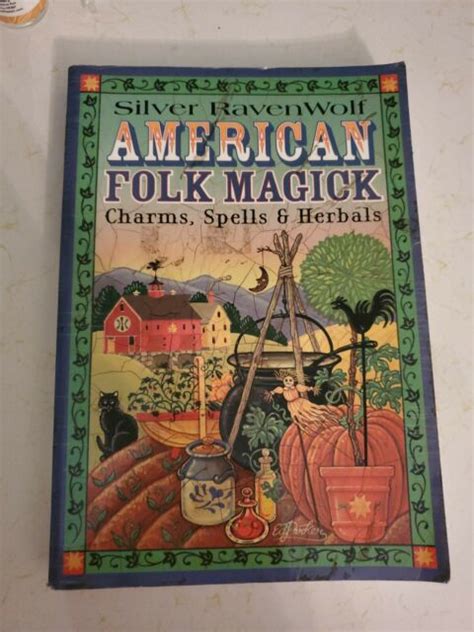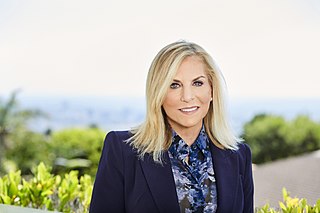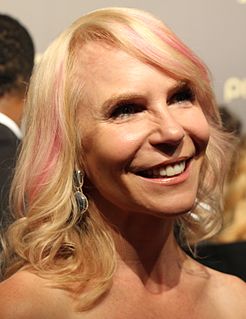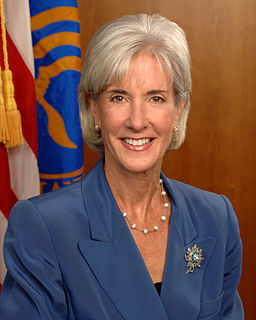A Quote by Tae Yoo
ICT careers are becoming more complex as a result of the digital revolution, where smarter connections are being made between people, processes, data, and things.
Related Quotes
The advertising marketplace is moving rapidly into digital videos. We know that by 2018 it is estimated that it will be a $12.2 billion business. We've been seeing the agencies combine their digital video spend with television spend and put it under one spend and just calling it "video." The pool of money is becoming much bigger. The comparisons between television and digital video are being made much more often because you can account for who's watching, you can't fast-forward through the commercials. There's a much more intimate relationship with someone watching digital video.
We live in the digital age and, unfortunately, it’s degrading our music, not improving it It’s not that digital is bad or inferior, it’s that the way it’s being used isn’t doing justice to the art. The MP3 only has 5 percent of the data present in the original recording. … The convenience of the digital age has forced people to choose between quality and convenience, but they shouldn’t have to make that choice.
Supported by digital data, new data-driven tools, and payment policies that reward improving the quality and value of care, doctors, hospitals, patients, and entrepreneurs across the nation are demonstrating that smarter, better, more accessible, and more proactive care is the best way to improve quality and control health care costs.
I am delighted to be involved in the digital divide campaign to ensure that every school is made aware of what steps it can take to address the digital divide as it affects local children, and provide a range of opportunities for ICT suppliers, government agencies, charities and other organisations to make a contribution.
People over the age of thirty were born before the digital revolution really started. We've learned to use digital technology-laptops, cameras, personal digital assistants, the Internet-as adults, and it has been something like learning a foreign language. Most of us are okay, and some are even expert. We do e-mails and PowerPoint, surf the Internet, and feel we're at the cutting edge. But compared to most people under thirty and certainly under twenty, we are fumbling amateurs. People of that age were born after the digital revolution began. They learned to speak digital as a mother tongue.
If you want to be a great American, you have got to understand Ben Franklin, Thomas Jefferson, George Washington, how the American Revolution happened. I think if you want to be a good citizen of the digital age, it helps to feel comfortable with both the people and the ways of thinking that created the digital revolution.



































